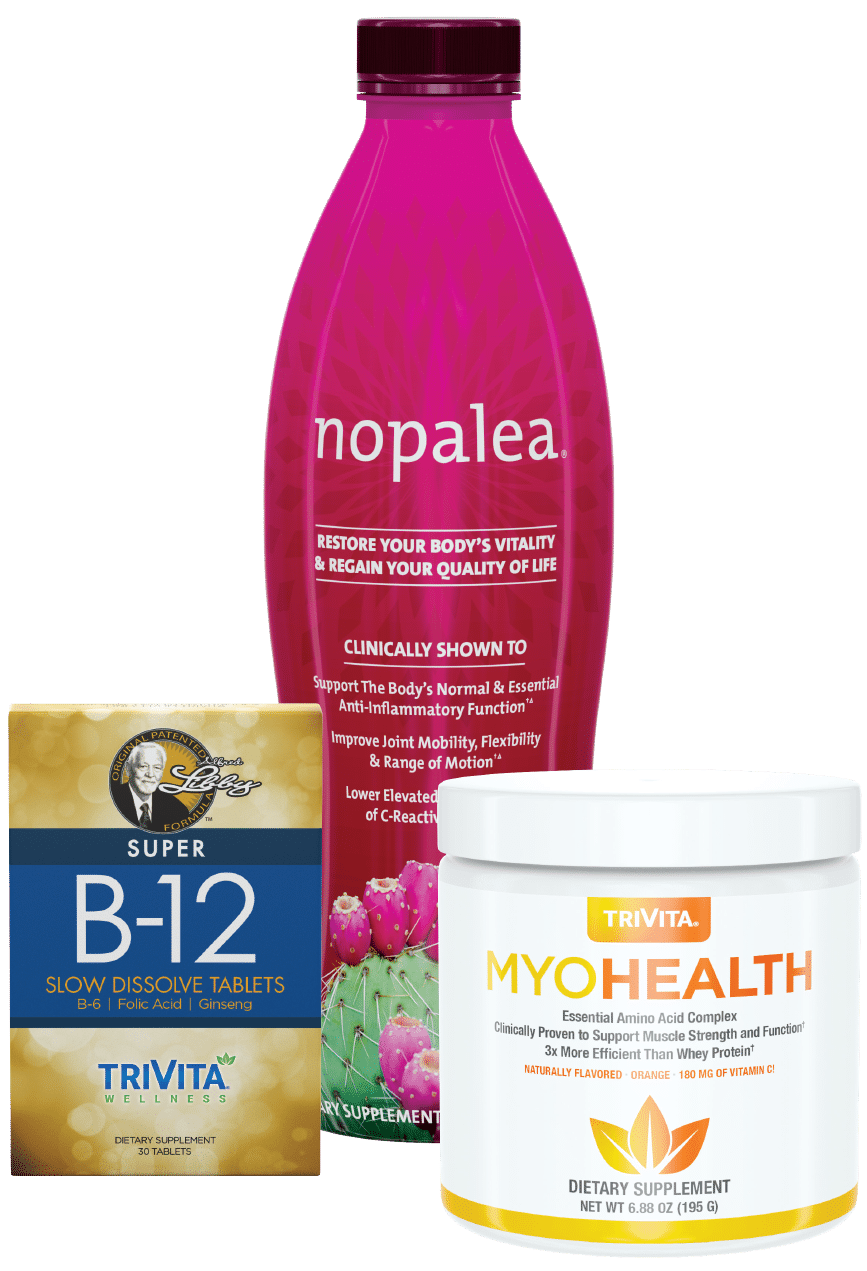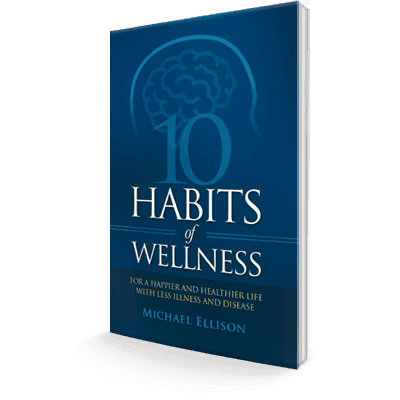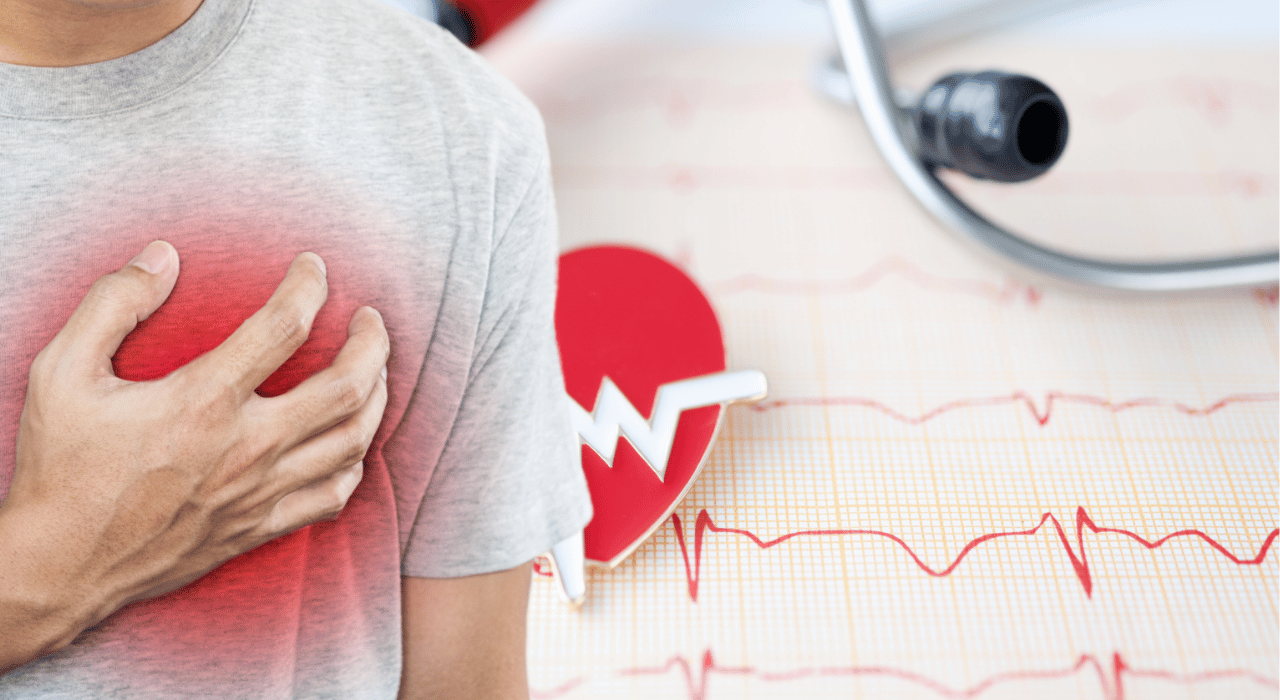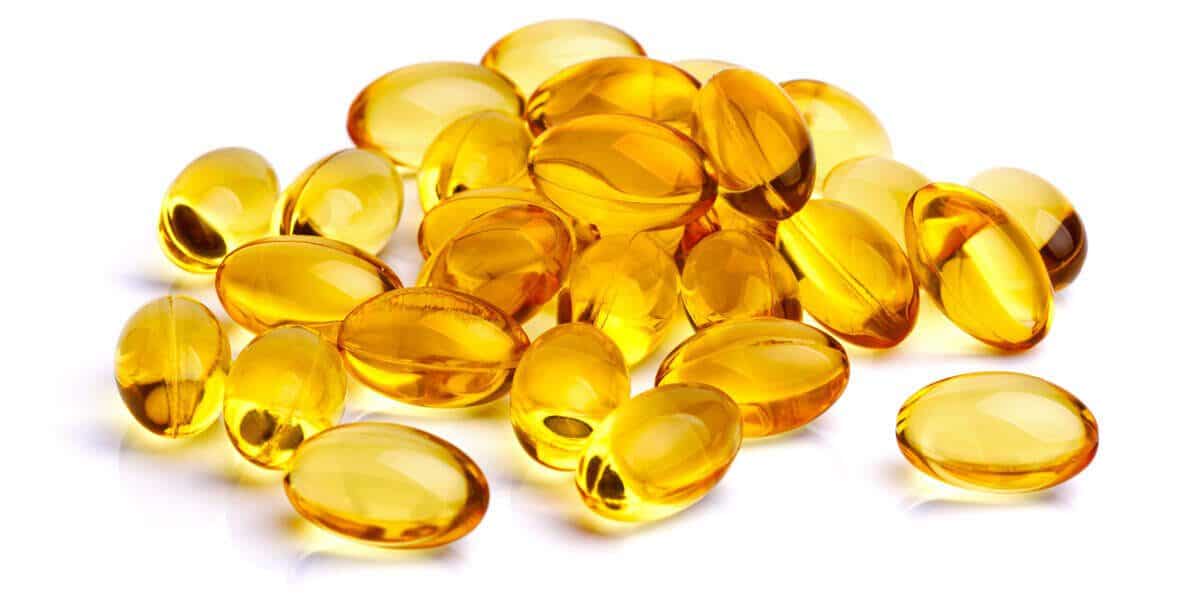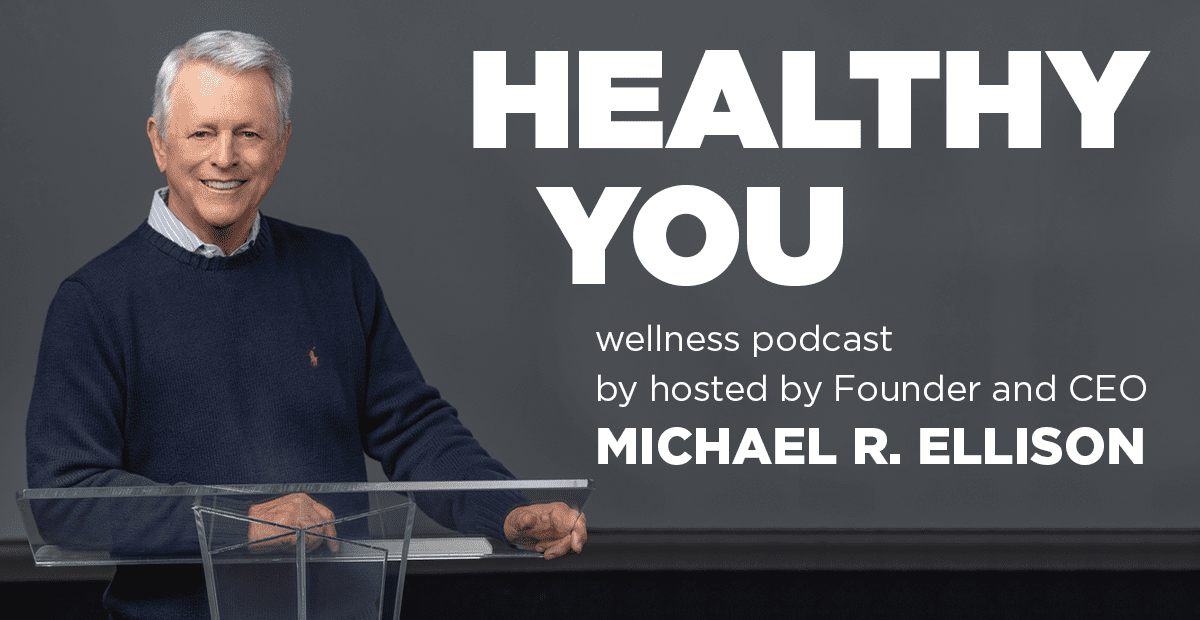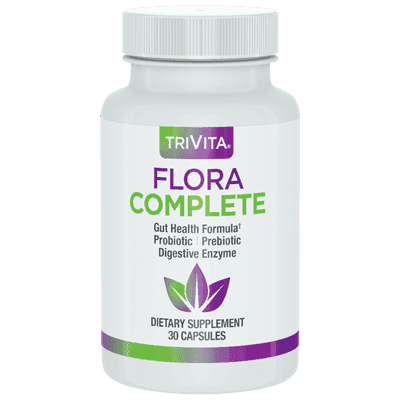By Christa Orecchio,
Clinical and Holistic Nutritionist
There are lots of things we can do to keep our hearts healthy, and eating right is one of the most important. By including more of these everyday “super foods” into your diet, you’ll be on the right track.
Blueberries
They top the list as one of the most powerful disease-fighting foods. Blueberries contain anthocyanins, the antioxidant responsible for their dark blue color. These delicious jewels are also packed with fiber, Vitamin C and heart-healthy potassium. Add them regularly to yogurt, smoothies, trail mix, salads or just eat them by themselves.
Make sure to buy organic blueberries. The conventional, non-organic type are on the “dirty dozen” list: they are likely sprayed with pesticides that permeate the entire fruit due to the vulnerability of the skin.
Wild salmon (reference)
This cold-water fish is a great source of protein and packed with heart-healthy omega-3 fatty acids that work to slash inflammation. The American Heart Association advises eating salmon and other omega-3 rich foods twice a week for benefits that go beyond heart health. Buy wild-caught salmon to avoid the lack of nutrients and less than ideal “raising conditions” that can be found in some
farm-raised salmon.
Oatmeal (reference)
Oats are a nourishing whole grain and a great source of vitamins, minerals and cholesterol-lowering fiber. Research shows that oats help lower cholesterol levels and keep you regular.
Try adding oats whenever you bake. Substitute oat flour for white or wheat flour in pancakes, muffins, quick breads, cookies and coffee cakes for an added dose of fiber. Or try oats in place of breadcrumbs in dishes such as meatloaf, meatballs or breading on poultry.

Almonds and Walnuts
These are two very healthy snack choices. They’re high in plant omega-3 fatty acids, Vitamin E, magnesium, folate, fiber, heart-favorable mono- and polyunsaturated fats and phytosterols.
Kale
Even stronger than spinach, kale is the powerhouse of the vegetable kingdom. Its rich, dark color comes from the multiple phytochemicals, vitamins, and minerals (especially folate and iron) that also fight depression and disease, promote heart health and help preserve eyesight. To top it off, kale is also the “king of calcium”: it delivers the highest absorbable form of calcium possible.
Flaxseed
Rich in omega-3 fatty acids, cancer-fighting lignans, phytoestrogens and fiber, this powerful seed is most effective when it is ground up and stored away from light, heat and air. Studies suggest that flaxseed lowers the risk of blood clots, stroke and irregular heartbeats. It may also help lower LDL “bad cholesterol” and triglycerides. Use it on top of salads or soup, in yogurt parfaits, smoothies or morning cereal.
Brown rice
Contains high levels of B-complex vitamins and magnesium, which nourish our central nervous system. Vitamin B-12 and Vitamin B-6 in particular protect against blood clots and atherosclerosis, or hardening of the arteries. Niacin (Vitamin B-3) helps increase HDL “good” cholesterol.
With only a few simple dietary additions (found in any grocery store), you will be well on your way to having more energy and taking care of that amazing heart that beats for you, every second of every single day.

